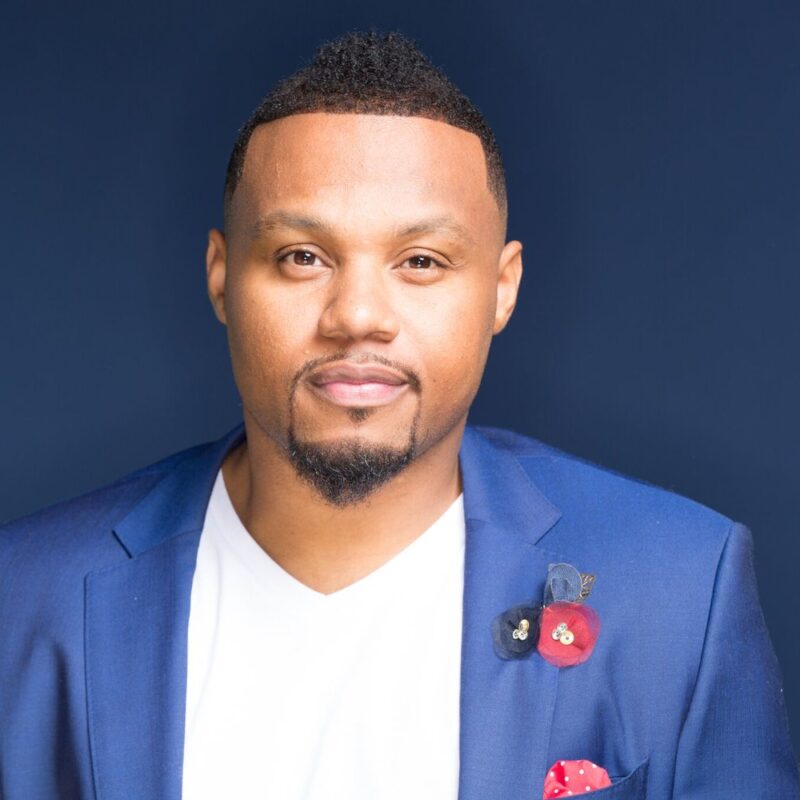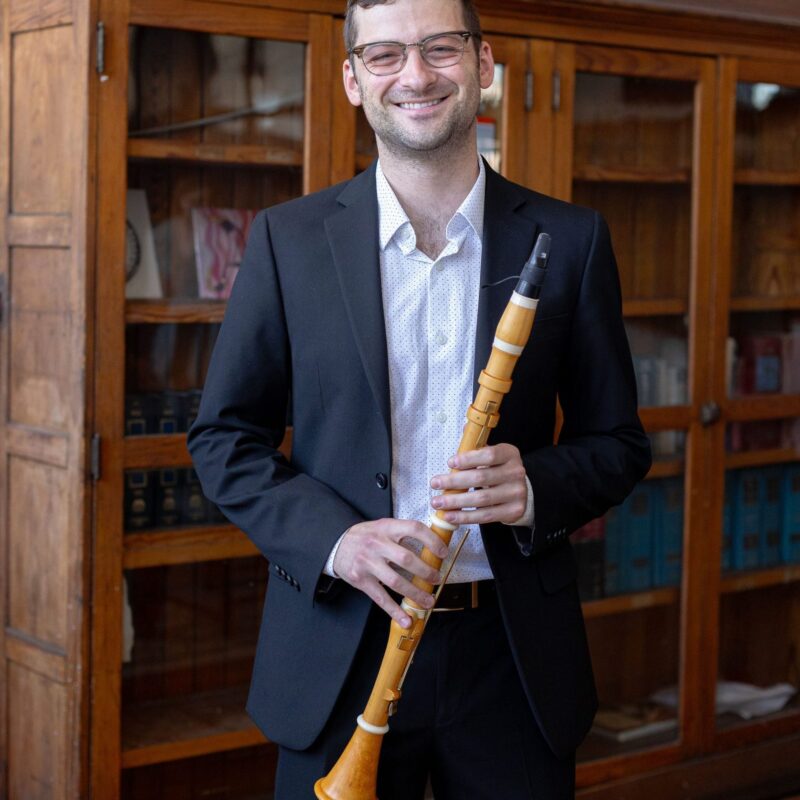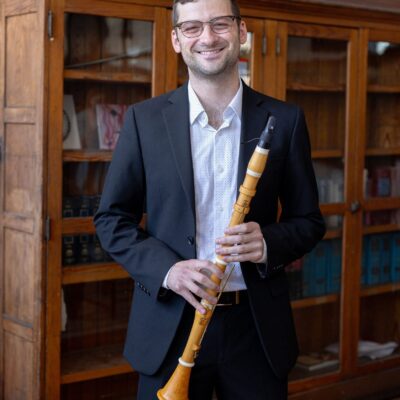Jordan Perry’s been here before. He doesn’t mean physically here, at The Pie Chest on High Street, where we meet for an afternoon coffee—he means he’s already done this interview.
Last night, he had a dream about it. While he can’t recall the full content, Perry remembers, “in no weird dream terms,” telling me the detailed story of how he got his first real guitar.
Perhaps it was a premonition, I tell him, because the first question I prepared for him is, When did you first pick up a guitar?
“That’s hilarious. Oh, that’s great,” he says, chuckling and setting his coffee cup down as he launches into the story.
Perry spent many summers in Blacksburg, Virginia, with his grandma, an enthusiastic pack rat who kept just about everything; most rooms were treasure troves of junk and family relics. When he was about 9 years old, he was digging through her attic and came across a 1960s Kimberly electric guitar with a black and red sunburst body, a “super ornate” pickguard, and “an obscene amount of switches.”
Perry rushed downstairs and asked his grandma if he could have the guitar. “I’ll have to call [your uncle],” she said.
“Can you call him today?” Perry asked, eager to make the instrument his own. He’d played violin, and even had a toy guitar when he was a toddler, but with the Kimberly slung around his shoulder, he says he “definitely felt cool.”
And it made him feel like writing music. Perry’s been composing on guitar ever since (another dream turned reality, if you will), and he’ll play some of those original pieces at The Bridge Progressive Arts Initiative on Friday night.
It’s difficult to label Perry’s solo material. Experimental instrumental guitar is perhaps the closest classification, as Perry says the music comes out of “literally experimenting…following curiosity.” But that doesn’t completely describe what Perry’s written for his two solo records so far, both his 2016 eponymous debut and 2018’s Witness Tree.
In high school in Harrisonburg and later while living in Philadelphia he played music both on his own and in bands with friends. He played in grungy bands, a pop punk band, and a series of punk and hardcore groups (like Eat Forever and My Mind) that occasionally also drew inspiration from the baroque pop-rock of acts like The Kinks. Simultaneously, Perry got into traditional folk music, particularly music from the English folk revival of the 1960s, artists like Shirley Collins and The Watersons. Then, while formally studying music at Shenandoah University and later Temple University, Perry got really into classical guitar while also playing in a riff-y stoner rock band, Heavy Sons.
The physicality of classical guitar’s fingerpicking resonated with Perry, and he started writing solo material informed by the technique—early versions of what he’s playing now (though he kept playing in rock bands, playing guitar and writing lyrics for Charlottesville twee-boogie group New Boss).
“There’s a lot of stuff at work” in his instrumental guitar compositions, he says, and not just because of his myriad musical influences (experiences like living abroad in Palestine for two years come into it, too, he says). But Perry hesitates to say what this music is or is not. He prefers to talk instead about how he makes it.
He comes up with “musical gestures, impressions,” and strings them together “in kind of a narrative way.” Perry’s interested in “the little bit of movement there,” and in “the kind of extraneous friction sounds that can happen on the guitar from some less consonant intervals rubbing together and creating this kind of throbbing sound that comes through sometimes and sometimes doesn’t.” He’ll create fret-hand finger pattern loops over a melody to encourage that.
Perry often composes based on the feeling he gets from the place he’s in at that moment. It’s later, once he’s practicing or performing, that the depth of those impressions comes into focus. A composition created amidst the smell, the sound, the scene of tidal flats in Wellfleet, Massachusetts, can end up containing—in its atmosphere, and Perry’s use of tension and release—symbolism about rising sea levels.
On his first record, Perry says he created “a basic compositional vocabulary” for himself, and within that vocabulary, he came to “a realization of some kind of voice” on Witness Tree. As he begins to tug at the thread of his next record, he says he plans to use that voice to explore and expand his singular compositional vocabulary.
“Someone said there’s a textual aspect [to the music], and that feels kind of right,” says Perry before taking a sip of coffee.
Now I’m the one with a bit of déjà vu—in a previous article for C-VILLE, I described the experience of listening to Witness Tree as “not unlike reading a series of related short stories.” We laugh about it for a moment before Perry ruminates a little further on instinct and music.
“What happens if you trust a little bit in this meager language that you’ve created for yourself?” he asks. “I’m interested in pushing it, becoming more fluid about that idea.”
Guitarist Jordan Perry will perform his solo work at The Bridge Progressive Arts Initiative on November 8. The Ambient Eye and WolfRavenTagCloud share the bill.






